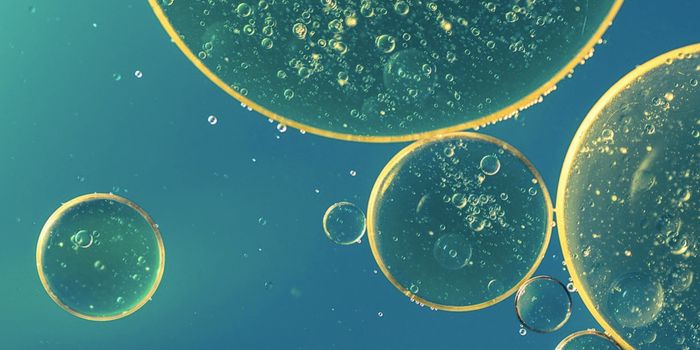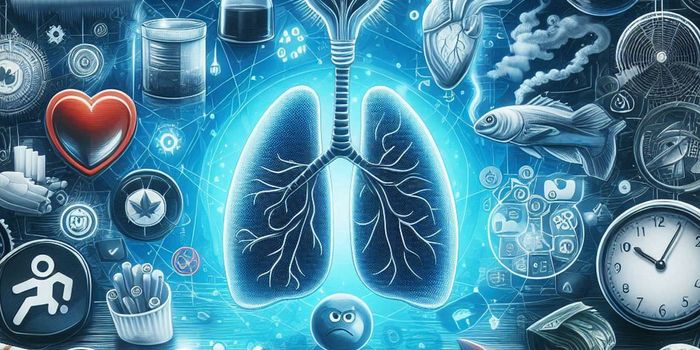Insight Into How Dietary Changes Could Affect Cancer Therapies
Researchers are investigating the complex relationship between cancer, diet, and metabolism in cells, and are attempting to create a kind of map of cancer. This research can help reveal connections between how cancer grows and how to treat it. A recent study published in Cell, utilized an electrosurgical tool called the Intelligent Knife (iKnife). The device can detect cancer cells as it burns through tissue during a procedure, and has been used in breast cancer surgery to tell surgeons when they are cutting cancerous or healthy tissue only seconds after the cut starts. The smoke that is created by the iKnife (which does not contain viable cancer cells) carries chemicals that can be used for research and diagnostic purposes.
“A few years ago, a technology was introduced which was based on a very simple idea, to connect the electrosurgical device with a mass spectrometer and measure the ionization profile of the smoke that is being generated,” explained Dr. George Poulogiannis. “We wanted to explore if using this technology could gather even more detailed information about the biology of the cancer and the key drivers of the disease.”
The iKnife was developed by study author Professor Zoltan Takats at Imperial College London.
The scientists began to screen samples from tumors, mouse models of cancer, and cancerous cell lines to look for links between metabolism and cancer. “When we did that, we observed something which at the beginning was quite strange,” noted Poulogiannis.
They found two groups of breast cancer samples, which were characterized by what fats were detected by the iKnife. But breast cancer cells are not classified in this way by clinicians, who usually look at the status of hormone receptors. Further study showed that these differences in fats were explained by the presence of a mutation in a gene that is involved in a cellular pathway called the PIK3CA pathway. Arachidonic acid is one of the fats that was found at high levels, and it can be made by cancer cells. It's also involved in the immune response to cancer.
“We then tried to find what was the mechanism behind it [the stratification of the samples and we found that some signaling pathways downstream of oncogenic PIK3CA regulate this overproduction of lipids. And the biomarker fatty acid that caught our attention was arachidonic acid, because this serves as the major hub of pro-inflammatory response in cancer. And this is a fatty acid we get both from the diet, and also PIK3CA mutant cancer cells have a unique ability to increase its production”
Drugs that disrupt the PIK3CA pathway were found to be far better at making tumors grow more slowly in a mouse model of breast cancer when the mice got a diet with no fatty acids. This research has now explained why the mutation causes some inhibitors to be ineffective, said Poulogiannis; it's probably because there's too much arachidonic acid.
“I think this is one of the first few studies, or maybe even the first, that shows a dietary fat restriction plays a major role in therapy response.”
Sources: Cancer Research UK, Cell








